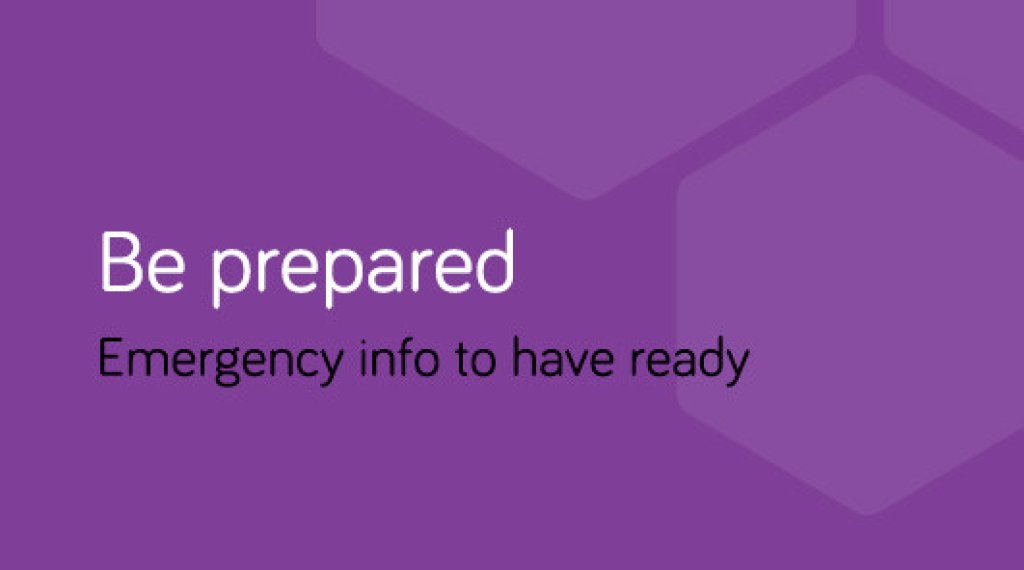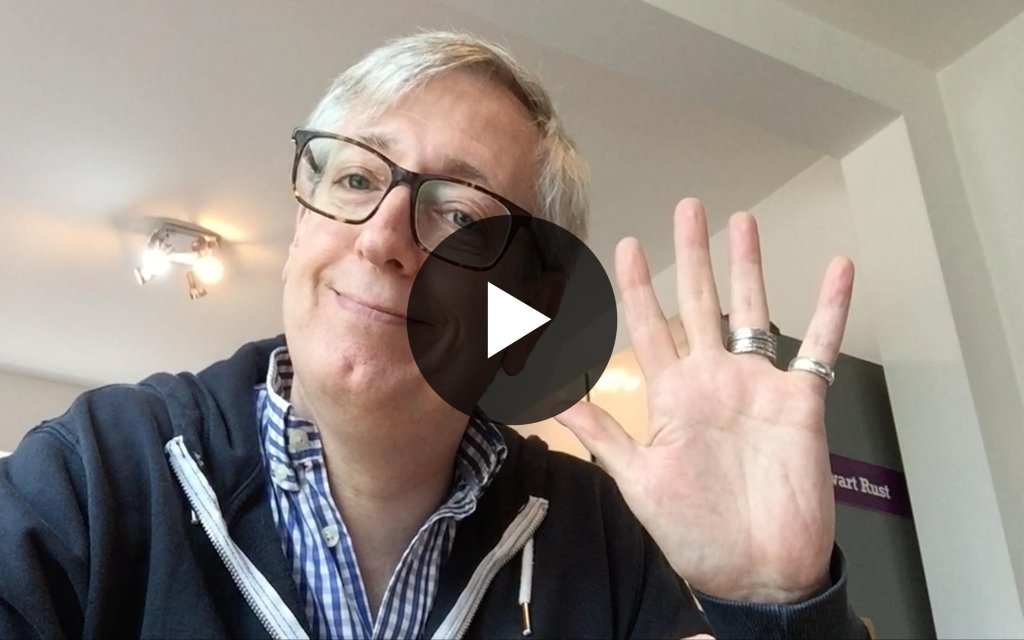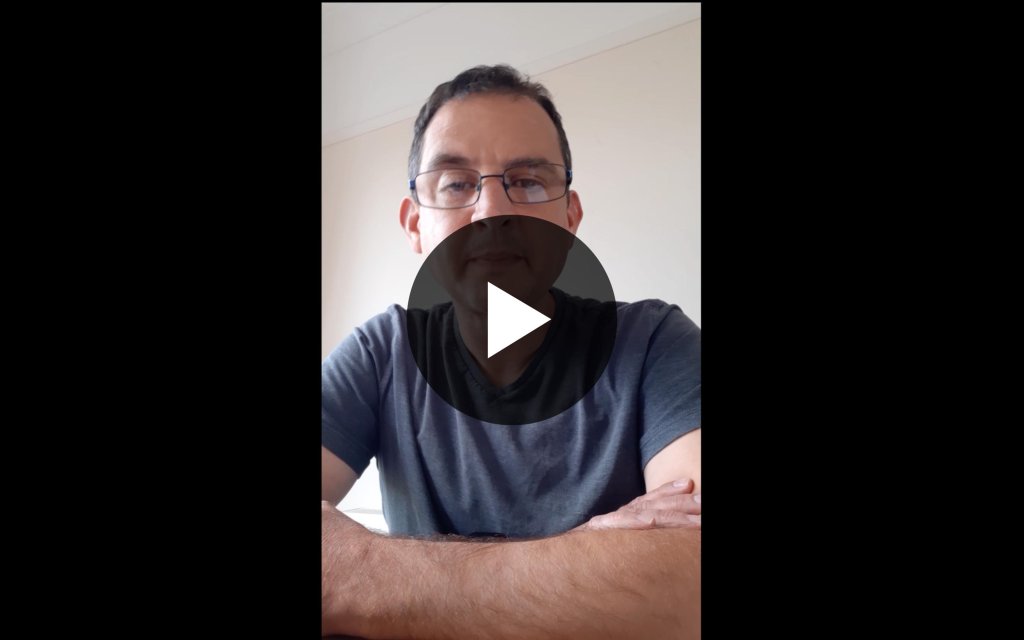Mental health and emotional wellbeing with Dr Lynne Aitkenhead, Clinical Psychologist at Charles Dent Metabolic Unit, National Hospital for Neurology and Neurosurgery in North London.
Dr Lynne Aitkenhead works with adults who have all different types of metabolic disorders, including MPS. This session was created in response to questions we asked our young adults about what type of advice or information they would like access to including; dealing with personal struggles, coping strategies for stress and anxiety, coming to terms with feeling different to your peers and mental wellbeing during COVID pandemic.
What is a Clinical Psychologist?
Clinical Psychologists train in theory and knowledge of psychology and use that information to help people with their own situations and help them feel less distressed and try to improve their wellbeing. The two main difficulties commonly discussed are; thinking skills, whether it be concentration, learning, memory and planning and the second is with emotional difficulties which often go along with having a complex long term health problem.
Kübler-Ross model, or the Five Stages of Grief
Often a series of emotions are experienced in five stages: denial, anger, bargaining, depression, and acceptance. These five stages was introduced for people dealing with loss but has resonated with those dealing with a change in their condition. Everyone has a different timeline when dealing with each stage, some people may skip one or two, go back and forth or even replay stages.
Cognitive Behaviour Therapy (CBT)
This therapy brings awareness and helps to define the relationship you have between your thoughts and feelings. Every day we have so many thoughts and most of those are outside of our awareness and are automatic, but they help us to make sense of what is going on around us. However, sometimes we can take those thoughts as factual and true when they might not be.
Thought experiment
Imagine you are in town after a really tough and stressful day. As you walk along you see a friend and you stop and smile and wave, but they don’t respond they walk straight past.
What is the thought running through your mind? What emotion would you feel about this situation? What action if any would you take after this situation? And what would be the result if you did that?
Example: You may think “they don’t like me” feel worry or rejected and then avoid that person or you may think “I hope they are ok” feel concern and then send them a text or call.
Helpful vs unhelpful thought
Taking a positive from a negative situation
Strong sense of humour
Accepting support from others
Hopelessness
Avoidance
Embarrassment
Shrinking the Monster
This is an adaptation from the book, Shrinking the Monster by Jo Johnson, a Consultant Neuropsychologist and is a type of narrative therapy which we will call the ‘MPS Creature’ sometimes it is helpful to think of a health condition as something separate from you. Imagine MPS as something outside of you and build up an image of what that might be…it could be a person, animal, monster, cartoon or some indescribable blob.
What is your MPS creature like towards you? Try to think of its behaviour, words and how it treats you and what it makes you think, feel or do.
How to keep the ‘MPS Creature’ in its place
Understand the creature – You can’t change the diagnosis but you can write in a journal and find a way to know and understand it better.
Make it less personal – You can reach out to others and share experiences with a group such as within Rare Voices.
It is the problem, not you – You have your own interests, skills and goals, MPS does not define you.
Manage your symptoms – Speak to your specialist centre for any physical or emotional advice and speak with the team at MPS Society for help with any obstacles you may have in achieving your potential at work or school.
Mental health toolkit
Here are some suggestions on the types of tools you may want in your own toolkit. Everyone will be different, but it is about finding what is important to you and adopting approaches that help keep us in good health and what you know works for your mental health and emotional wellbeing.
Your values – What is really important to you and making sure you’re acting in line with them, it could be the type of person you want to be, relationships you want to have and what you want to channel your energy into.
Balance of your time – Creating time in your life for things you enjoy but equally making enough time for rest.
Assertiveness – A style of communication which is a middle ground between passive and aggressive in nature which can address your needs whilst taking into account the rights and perspectives of others.
Mindfulness – A way of paying attention, which takes two qualities into account. One is to focus in the present moment, not fixate on the past or future. The second quality is to become non-judgemental and not to evaluate but simply observe perspective without trying to change it.
Communication – The ability to tell others how you feel and ask for help when it is needed.
Self-care – Looking after your physical health and making sure to get enough rest and sleep.
Helpful resources
Claire Garthwaite is a former GP and mindfulness teacher. Mindfulness is a way of living with focused awareness in the present moment, with open acceptance of what each moment brings.
Young Minds is a charity that provides information about children and young people's mental health.
Face COVID is a video created by a doctor in Australia which explains ways of coping with emotions during COVID-19.
This leaflet gives advice on being assertive
Download the leaflet >> Headspace is an application for mindfulness with some paid-for content. Official website >>
Frantic world – Mindfulness and finding peace is a website based on the books
Find out more >> Be Mindful is a website you can apply for an eight-week online course in mindfulness. Find out more >>
Mind is a charity which offers information and advice to people with mental health problems and lobbies government and local authorities on their behalf. Visit the website >>
Other help
You can contact your specialist centre and contact a psychologist or your GP may be able to refer you to a service which is close to where you live.





